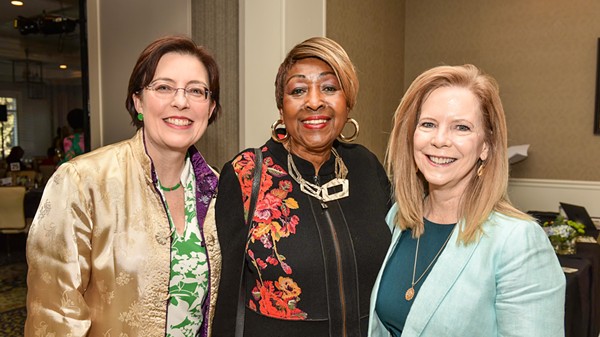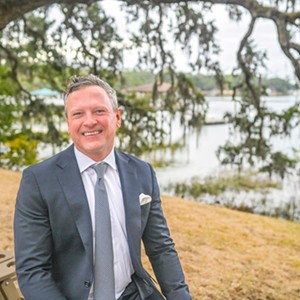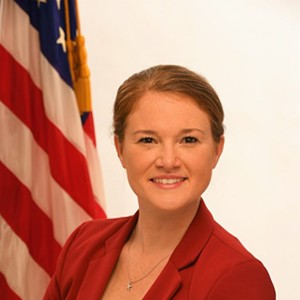Power, opportunity & Abu Ghraib
[
{
"name": "Air - MedRect Combo - Inline Content 1",
"component": "14680855",
"insertPoint": "7",
"requiredCountToDisplay": "5",
"parentWrapperClass": "fdn-ads-inline-content-block"
},{
"name": "Air - MedRect Combo - Inline Content 2",
"component": "14680856",
"insertPoint": "15",
"requiredCountToDisplay": "9",
"parentWrapperClass": "fdn-ads-inline-content-block"
},{
"name": "Air - SVP - Leaderboard - Inline Content - 2",
"component": "16852291",
"insertPoint": "10",
"requiredCountToDisplay": "10",
"parentWrapperClass": "fdn-ads-inline-content-block"
},{
"name": "Air - SVP - Leaderboard - Inline Content - 3",
"component": "16852292",
"insertPoint": "20",
"requiredCountToDisplay": "18",
"parentWrapperClass": "fdn-ads-inline-content-block"
},{
"name": "Air - SVP - Leaderboard - Inline Content - 1",
"component": "16852290",
"insertPoint": "25",
"requiredCountToDisplay": "22",
"parentWrapperClass": "fdn-ads-inline-content-block"
}
]
In the movie The Pianist, German troops roust the inhabitants of an apartment building out into the street, line them up, and tell them they are going to be relocated.
A woman asks, Why us?
An officer draws his pistol, places it to her head, and pulls the trigger. The rest of the Jews are marched off, leaving her body, blood pooling in the street.
My wife asked me, How could he do such a thing?
I answered, Because he could.
Its about power. Power granted from above and rarely questioned. Power that is encouraged. Power that grows in an atmosphere that feeds it. Power with freedom from consequences.
The country is still reacting over new information from Abu Ghraib prison. Its as if no American had ever before committed such an abuse of power. But anyone has the potential to do anything, even Americans, even in America.
In 1967, a Palo Alto, Calif., high school teacher gave his students a lesson in the history of Nazi Germany by morphing them into tattle-telling, bullying clones of the Hitler Youth, without the students even being aware of it. Discipline, slogans, group-think, and the approval of "the leader" to discipline fellow students all played a part in what became a classic study in the abuse of power.
In 1971, experimenters at Stanford University randomly selected nine guards and nine prisoners from among student volunteers. The two-week experiment was ended after six days because the guards became increasingly sadistic, to the point of physically abusing the prisoners.
But these were controlled experiments. Abu Ghraib is the real world.
On the heels of revelations from Abu Ghraib, abuse of prisoners is claimed to be systemic in American-run prisons in the Middle East. Blame has been laid at the feet of untrained soldiers, private contractors as prison guards, private contractors as CIA interrogators, and orders from superior officers, explicit or implicit.
The finger of blame for Abu Ghraib can also be pointed partly toward an atmosphere that promotes the view of our opponents in Iraq as something other than human.
From the first, President Bush referred to the 9/11 terrorists as evildoers, a term that I can agree with.
The word evil is defined as morally reprehensible. In using that term as broadly as he does, however, Bush places a large portion of the world on a morally lower plane than the U.S. He transposes our rightful action against Al Qaeda into a crusade against the larger population those terrorists sprang from.
The inclusion of Iraq as part of an Axis of Evil portrays many innocent Iraqi citizens as being on the same moral level as the 9/11 bombers. Thats as logical as labeling all Americans as abusers because of the misdeeds at Abu Ghraib.
Bush also fostered the us versus them mentality with his If youre not with us, youre against us speech. In the Bush universe, evildoers no longer have to commit evil acts -- they merely have to disassociate themselves from Americas latest war.
Moral righteousness sponsored by the commander-in-chief is a dangerous addition to a soldiers pack. It can be used to justify any action in the name of destroying evil. Power, opportunity, and freedom from consequences will guarantee abuse and atrocity.
The abuses at Abu Ghraib, which are being revealed daily, do not come close to the atrocities committed by the regime of Saddam Hussein, the beheading of Nick Berg, or the burning, dragging, and hanging of American dead.
What happened at Abu Ghraib was a level of abuse that, while unthinkable to many Americans, stopped short of systematic atrocity. American-run Abu Ghraib will not go down in history with Malmedy, Bataan, My Lai, or Auschwitz.
But given power, opportunity, and the explicit or tacit consent of higher-ups, how easy it would be for abuse to become atrocity, for America to become the next Nazi Germany or the next Saddam-run Iraq.
What prevents that is a system of government that provides for peaceful exchange of power between outgoing and incoming leaders, a free press, the shame and humiliation many Americans feel over Abu Ghraib, and the willingness to punish our own home-grown evildoers.
Abu Ghraib is an object lesson in how easy it is to take a step toward becoming those whom we label as evil. Fortunately, we have the will and the ability to recover from that step, this time.
Let us never be forced to quote Pogo Possum, who once uttered, We have met the enemy, and he is us.
Joe Bommarito is a local freelance writer.





















